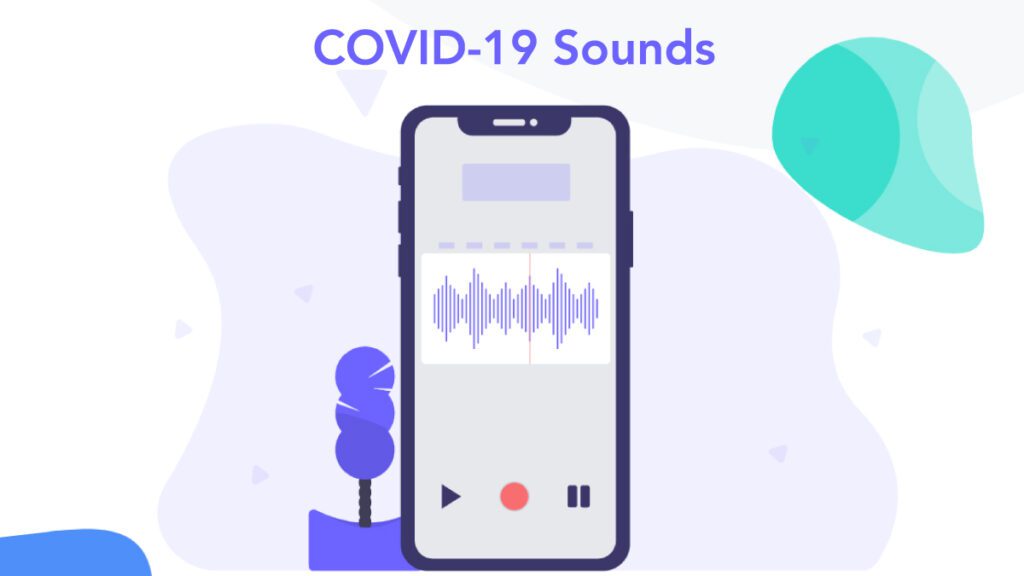
Novoic, a startup founded by Oxford and Cambridge researchers, is developing a COVID-19 screening app that can screen people for COVID-19 by listening to the sound of their cough, aptly named “Coughvid”. The company that previously used speech analysis technology to detect cognitive impairments and diseases such as Parkinson’s and Alzheimer’s, is now turning its attention to COVID-19.
The app works by recording a person’s coughing, breathing, voice patterns and analyzes them using a machine learning algorithm. Additionally, the app collects users’ demographic and medical history data and asks if a participant has been tested for COVID-19.
Currently the COVID-19 screening app has only a 70% accuracy rate, but the developers are far from done. To ‘teach’ the AI, Novoic will ask 1 million volunteers to “donate their cough” so the algorithm can be refined into a reliable screening process to distinguish between infected and non-infected coughs more decisively
“Different people’s voices of course sound different from each other, including when they’re healthy,” explains Emil Fristed, co-founder and CEO of Novoic. “To build accurate algorithms that work for everyone, we need a lot of data, which is why we are calling upon the public to step forward. If we capture enough cough sounds, we believe this could be the answer to cheap, accessible testing.
Due to the lack of respiratory sound data sets available to researchers, collecting these samples may help further diagnostic research beyond COVID-19. “The data will be stored on University servers and be used solely for research purposes,” said Cambridge University.
To assure those with fears of privacy and data security, the company said that user locations will only be known when actively using the app.
The researchers say however that the COVID-19 screening app is not a substitute for a medical exam. It is made to bolster the capabilities of mass testing in a non-intrusive, social distancing- friendly way.